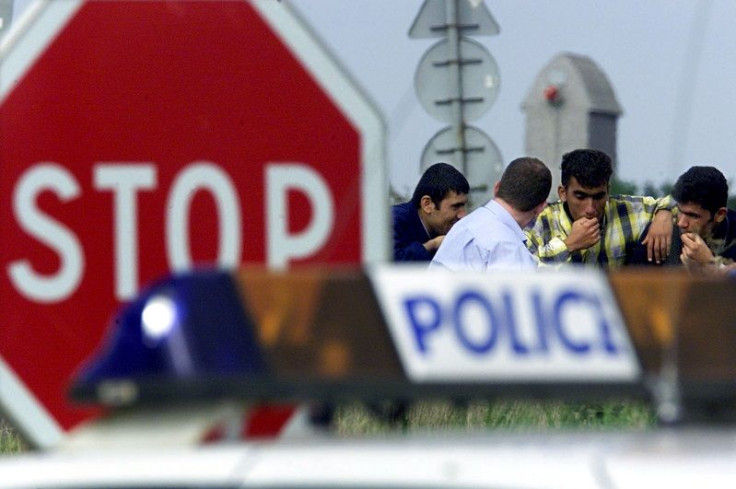DFAT refuses new passport to the Australian journalist trapped in Iraq refugee camp

Australian Renas Lelikan was denied a new passport on Friday by the Department of Foreign Affairs and Trade, or DFAT, on the grounds of national security. Lelikan was trapped in a refugee camp in Iraq threatened by Islamic State fighters. He urged the Australian government in mid-August to provide travel documents in order to escape safely.
Kurdish journalist Lelikan stayed in the Makhmur camp of northern Iraq with other Kurdish refugees since 20 years, which has always remained under the threat of IS attacks. Lelikan contacted the Australian embassy in Baghdad at first in January, requesting a passport replacement or temporary travel document to help him return to Australia.
The authorities said his passport application was being processed. In August, he received a lengthy questionnaire by the Australian Security Intelligence Organisation or ASIO with a request to fill and return it. The failure of the issuance of travel documents is assumed to be the result of ASIO’s suspicion about Lelikan’s association with Kurdistan Workers Party, or PKK, a group fighting against the state of Turkey.
In 2011, France accused Lelikan of his alleged bond with PKK and his involvement in activities carried out by the militant group, which has been banned by France and Australia. The journalist, having Turkish and Australian citizenship, tried to leave France using his relative’s passport but was caught and had to leave his own passport there.
On Sunday, Channel Seven reported that the journalist has been refused issuance of passport. A spokesperson from DFAT stated that considering Lelikan’s situation, the Australian Government doesn’t want anyone associated with Syrian or Iraqi conflicts to be a part of the country.
“The Government will apply our robust national security laws equally to any Australian supporting terrorism or a terrorist organisation,” he said.
In spite of being found posing with an AK-47 in social media pictures, Lelikan denied being a security risk to Australia. His lawyer, Jessie Smith, requested the government to help her client leave Iraq and continue the investigation in Australia itself.
Contact the writer at feedback@ibtimes.com.au, or let us know what you think below.




















